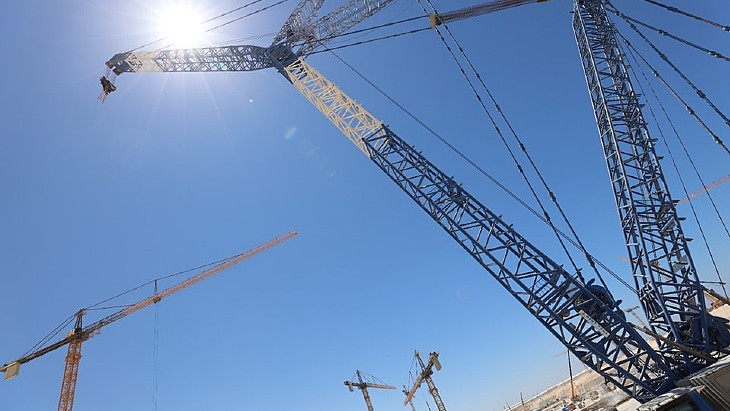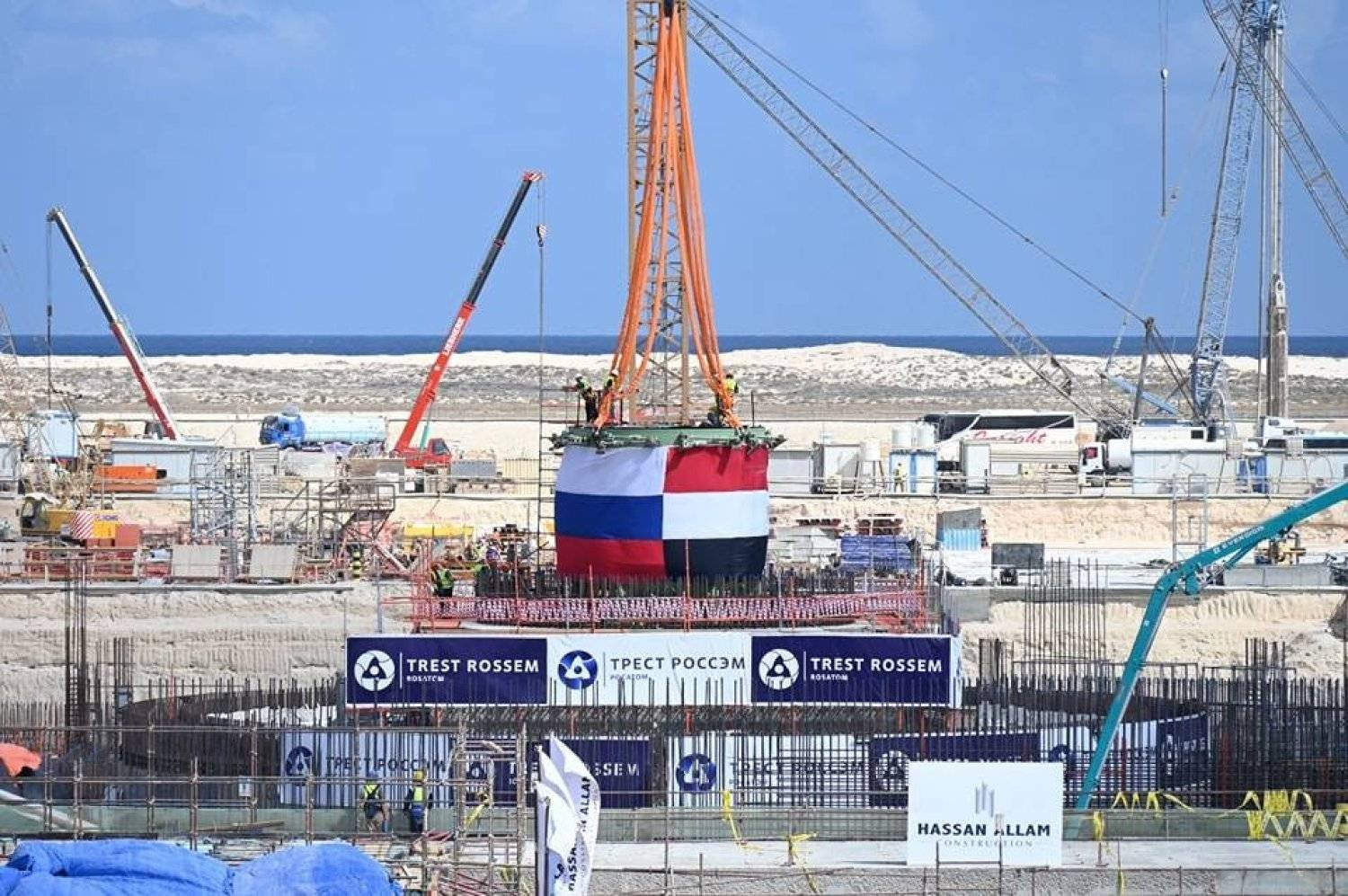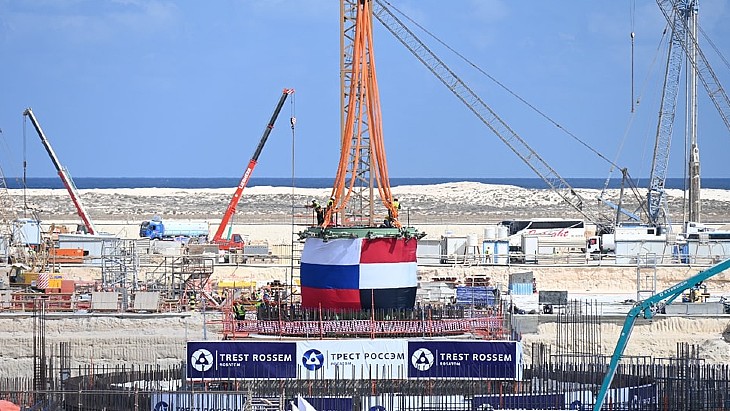
Transneft handles more than 90% of all oil produced in Russia.
It also said oil supplies via its pipelines to China in 2023 amounted to 40 million metric tons, unchanged from the previous year.
The company said that oil exports via the Black Sea port of Novorossiisk rose last year by 3.1% to 30 million tons despite weather-related disruptions as storms prevented oil loadings during 110 full days in 2023 from the outlet.
Oil exports from the Baltic Sea ports of Primorsk and Ust-Luga were up by 6.5% and 9% to 44.4 million tons and 34 million tons respectively.
Crude supplies via the Pacific port of Kozmino jumped 9.4% to 42.8%.
The deliveries include transit volumes from other countries such as Kazakhstan.
The supplies' rise of 7.2% via the ports was offset by a 60% collapse of exports through the Soviet-built Druzhba pipeline to Europe.
Russian pipeline oil supplies to Europe are excluded from an EU embargo, but the route crosses Belarus and Ukraine and has been under constant risk of disruption since Russia sent thousands of troops into Ukraine in 2022 in what Moscow calls a "special military operation".
Germany and Poland also decided to ditch Russian oil amid the severe political fallout over Ukraine. Kazakhstan has agreed to provide its oil to Germany via the route, seeking to raise it to 1.2 million tons in 2024.







